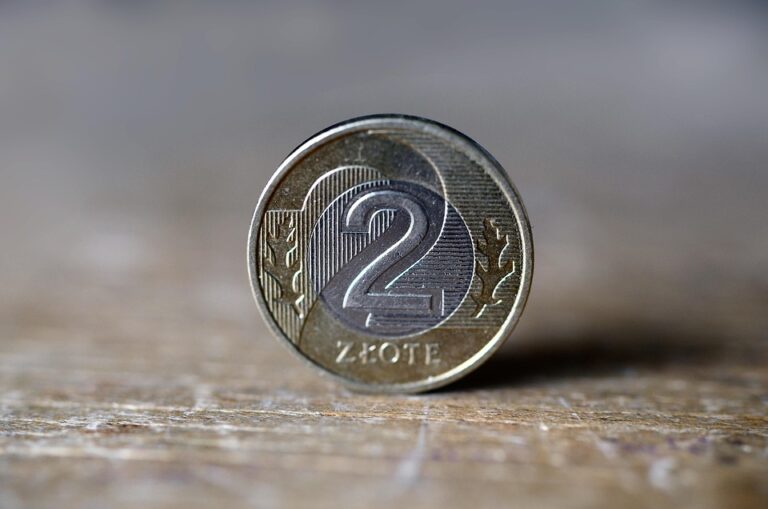Last updated Jun. 26, 2024 by Peter Jakes
Reducing car-related expenses can make a significant difference in your household budget. From maintenance to insurance, here are practical ways to save money on your vehicle without impacting its performance or safety.
Regular Maintenance and Servicing
Regular maintenance is key to keeping your car running smoothly and preventing costly repairs down the line. Stick to the manufacturer’s recommended maintenance schedule, which typically includes oil changes, tire rotations, brake inspections, and fluid top-offs.
- Oil Changes: Ensure you change your car’s oil per manufacturer’s guidelines. Using synthetic oil may be more expensive upfront but can extend the time between oil changes.
- Tire Maintenance: Properly inflated and aligned tires improve gas mileage and extend the life of your tires.
- Brake Maintenance: Regularly inspect your brakes to avoid more costly repairs in the future.
Drive Smart
How you drive can also significantly affect your spending on fuel and maintenance.
- Smooth Driving: Avoid aggressive driving, rapid acceleration, and hard braking, as these behaviors increase wear and tear.
- Reduce Idling: Turn off your engine if you’re going to be stationary for a while.
- Planning trips: Combine errands into one trip to save on fuel and reduce wear on your car.
Save on Fuel
Fuel is a major expense for most drivers. Here’s how to make the most of every gallon:
- Fuel-efficient Cars: If you’re in the market for a new car, consider a fuel-efficient or hybrid model.
- Gas Points: Use fuel reward programs and apps that help you find the cheapest gas in your area.
- Correct Octane: Use the recommended fuel grade for your car; higher octane doesn’t always mean better performance.
Cut Insurance Costs
Car insurance can be a significant expense, but there are ways to lower these costs:
- Shop Around: Don’t settle for the first quote you get—compare multiple insurance providers.
- Higher Deductibles: Opt for a higher deductible to lower your premium. Ensure you can afford the deductible if you need to make a claim.
- Bundling Policies: Many insurance companies offer discounts if you bundle multiple policies together, such as home and auto.
DIY Repairs and Maintenance
Not all car repairs require a trip to the mechanic. Some maintenance tasks can be easily handled at home:
- Air Filters: Changing your air filter is a simple task that can improve engine performance.
- Windshield Wipers: Replacing wipers is cheap and straightforward.
- Battery Maintenance: Check and clean battery terminals to prevent starting issues.
Buy Parts Wholesale
When your car needs repairs that you can’t handle yourself, buying parts wholesale can save you significant money. Make sure the parts are compatible with your car’s make and model.
Consider Carpooling and Public Transport
Reducing the amount of time you spend driving can drastically reduce your expenses. Carpooling to work or using public transportation a few times a week can save on fuel costs and reduce wear on your vehicle.
Choose the Right Automobile
Selecting the right car to begin with can make a significant difference in your long-term costs:
- Reliability Ratings: Look at long-term reliability ratings before making a purchase.
- Resale Value: Choose a car with a high resale value to get more money back when you sell it.
- Depreciation: Be aware that new cars depreciate quickly. A slightly used car can be a better investment.
Utilize Warranty and Recall Services
Be proactive about checking for recalls on your vehicle and utilize your warranty to address issues before they become expensive out-of-pocket costs.
Parking and Tolls
Frequent use of toll roads and expensive parking can add up:
- Parking: Use apps to find cheaper parking spots or look for free parking in your area.
- Avoid Tolls: Plan routes that avoid toll roads when possible.
Selling Your Car
When it’s time to sell your car, maximizing its value can also be part of reducing car-related expenses:
- Regular Cleaning: Keep your car clean and well-maintained to get a better resale price.
- Know When to Sell: Understanding your car’s depreciation curve can help you sell at a time when its value is maximized.
✓ Short Answer
To reduce car expenses: Maintain your vehicle regularly, drive efficiently, save on fuel, cut insurance costs, do basic repairs yourself, buy parts wholesale, carpool, choose a reliable and fuel-efficient car, utilize warranties and recalls, avoid expensive parking, and maximize your car’s resale value when selling.
FAQs
Q1: How often should I rotate my tires?
A: It is generally recommended to rotate your tires every 6,000 to 8,000 miles.
Q2: What octane fuel should I use for my vehicle?
A: Refer to your car’s owner’s manual for the recommended octane level. Using a higher octane than recommended does not usually provide any benefits.
Q3: How can I find out if my car has any recalls?
A: Check the National Highway Traffic Safety Administration (NHTSA) website or contact your car manufacturer.
Q4: Is it cheaper to repair my car myself?
A: For minor repairs like changing air filters, wipers, and batteries, DIY can be cost-effective. Major repairs might require professional help.
Q5: What’s the best way to save on car insurance?
A: Shop around for the best rates, consider higher deductibles, and see if you can combine multiple policies for a discount.
By taking these steps, you can significantly reduce your car-related expenses without compromising safety or performance.





